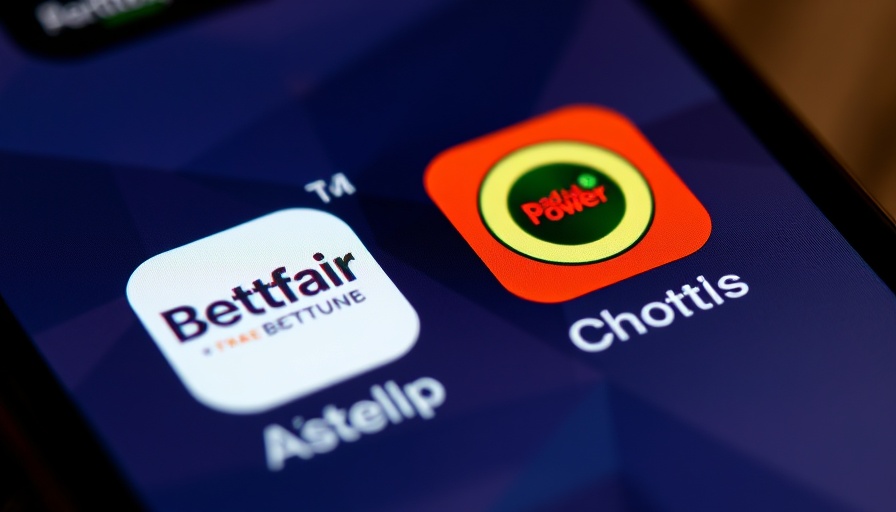
Understanding Zombie Accounts: The Hidden Dangers
In our fast-paced digital lives, it's easy to forget about old online accounts—what some call "zombie accounts." These dormant profiles, often abandoned for over a year, can serve as treacherous backdoors for cybercriminals. A recent study from Secure Data Recovery reveals that a startling 94% of people have at least one zombie account. But why should this issue matter, especially for young homeowners in London?
The Top Abandoned Platforms to Watch Out For
Platforms like Pandora and Groupon lead the list of forgotten services, with many users failing to realize that these accounts remain active and vulnerable. Notably, 40% of respondents admitted to having inactive Pandora profiles. Similarly, dating apps like Tinder echo this trend, as young professionals often create accounts without giving much thought to their long-term security implications.
Why you shouldn't ignore your old accounts
While it can be tempting to dismiss these idle accounts as mere digital clutter, doing so may expose you to significant risks. For instance, if your long-dormant Tumblr account shares login credentials with your active banking app, you'd unknowingly be compromising your sensitive data. Criminals are quick to exploit these lapses in security, leveraging forgotten accounts to gather personal information or spread malware.
The Challenge of Password Reuse
The largest headache? Password reuse. The Secure Data Recovery study emphasizes the dangers of utilizing the same password across multiple sites. Young homeowners, many of whom own interconnected smart and connected homes, should take this to heart. Should one of these zombie accounts be hacked, it could lead to a cascade effect, jeopardizing not just financial data but also all devices tied into your home network.
Steps to Secure your Online Presence
1. Account Clean-Up: Regularly review your accounts. If you haven’t logged into a service for more than a year, consider deleting the account entirely.
2. Unique Passwords: Generate unique passwords for each of your active and dormant accounts. Utilizing a password manager can simplify this process and enhance your overall online security.
3. Review Privacy Settings: For accounts you continue to use, take the time to check—and tighten—the privacy settings. Some networks might default to sharing more information than you realize.
Why Awareness is Key for Your Future
Awareness and vigilance are critical in the fight against online exploitation. As young homeowners who are tech-savvy and invest in smart home devices, you are already on the forefront of modern living. However, it's vital to ensure those advancements do not come at the cost of personal security. An unsecured account could not only impact your financial health but also ripple into the integrity of your smart home devices.
Conclusion: Protect Your Personal Digital Space
As we embrace the conveniences of smarter living and eco-friendly improvements, let's not neglect the importance of safeguarding our digital identities. Clean up your "zombie accounts" and establish a robust online security protocol to maintain not only your financial health but also the security of your smart home systems. The steps you take today will secure your digital lives tomorrow.
For further insights on maximizing your home's tech potential while keeping your data secure post-pandemic, explore local workshops and community events centered around home improvement and cybersecurity.
 Add Row
Add Row  Add
Add 




Write A Comment